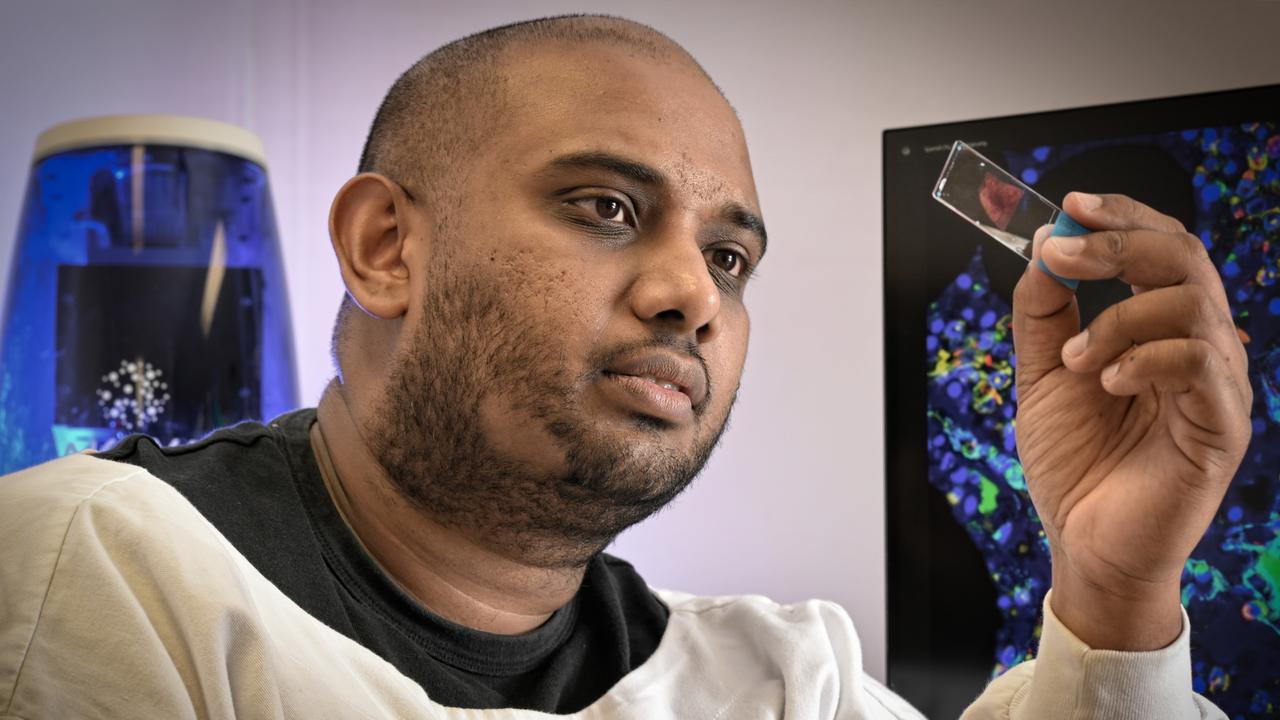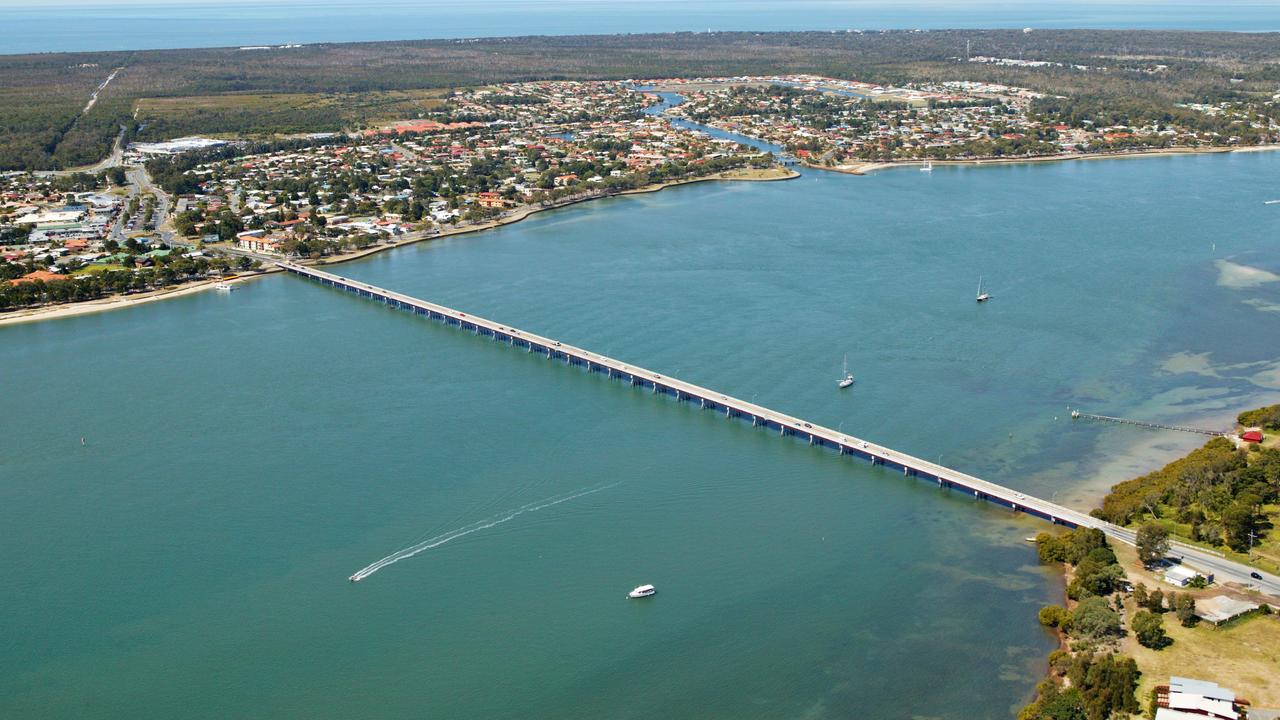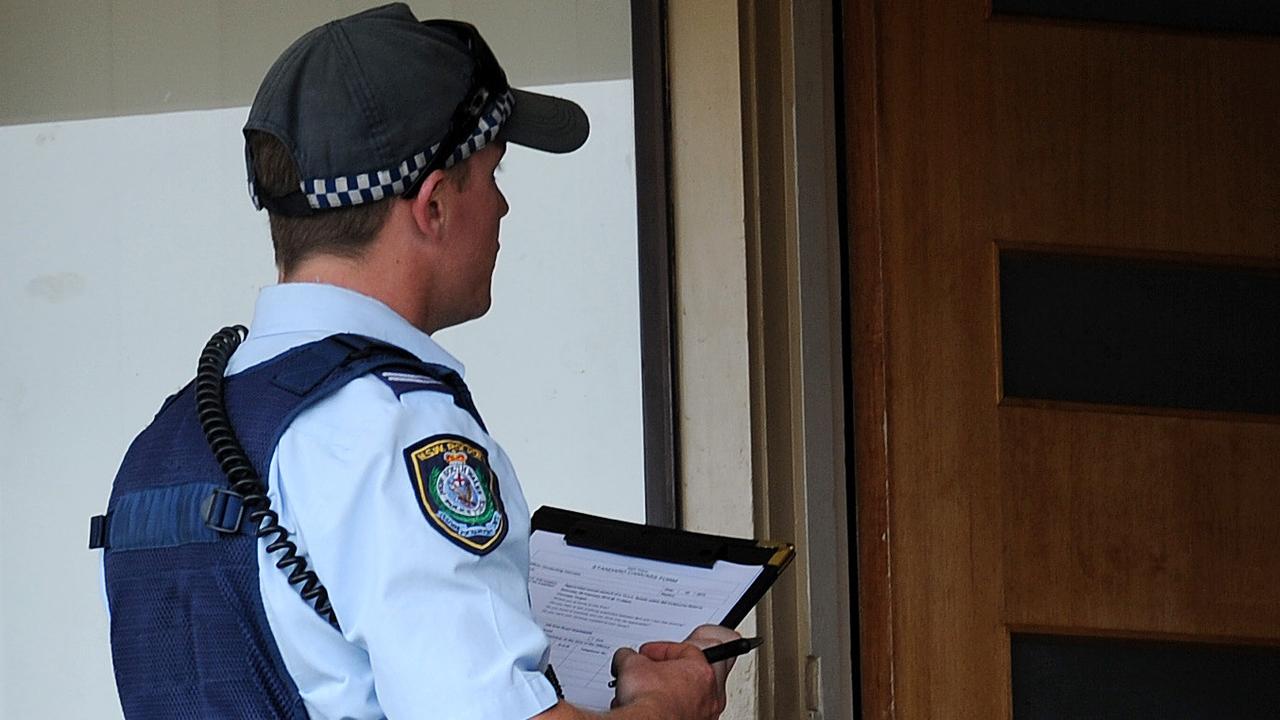Qld researchers make cancer treatment breakthrough
Queensland researchers have discovered why potentially deadly cancers may be resistant to immunotherapy in a breakthrough that could stop patients undergoing ineffective treatments.

QLD News
Don't miss out on the headlines from QLD News. Followed categories will be added to My News.
Queensland researchers have discovered why potentially deadly cancers may be resistant to immunotherapy in a breakthrough that could stop patients undergoing ineffective treatments.
A new study, published in the Journal of Translational Medicine, found a group of specialised cells could block the body’s response to immunotherapy, a treatment that uses the immune system to fight aggressive head and neck cancers.
Researchers analysed tumour samples from more than 50 head and neck cancer patients using a technique that maps, visualises and digitises cells in a biopsy known as “spatial interactomics”.
They uncovered a pattern where macrophage immune cells, which typically fight a tumour, were found to shield the tumour and stop other immune cells from attacking it.
Researchers believe this “immune barricade” pattern could be a key reason immunotherapy fails in many patients, a treatment that has been found to only work for 20-40 per cent of patients.
Study co-author and associate professor Arutha Kulasinghe, the scientific director at the Wesley Research Institute’s Queensland Spatial Biology Centre, said the identification of the pattern in the cell interactions “fundamentally changed the understanding of immune resistance in cancer”.
He said the next stage of research was finding the reasons behind the pattern in macrophage responses and how to break through the “barricade”.
Royal Brisbane and Women’s Hospital oncologist and co-author Brett Hughes said the findings could help explain why immunotherapy is only working for some patients.
“By identifying immune barriers, we now have a clearer path to better targeted treatments,” Professor Hughes said.
Dr Kulasinghe and his team will this weekend present the findings at a cancer research summit in Chicago.
The findings could eventually extend beyond head and neck cancer, with potential relevance to lung, bladder and skin cancers, where immunotherapy resistance is also a barrier.
Originally published as Qld researchers make cancer treatment breakthrough







